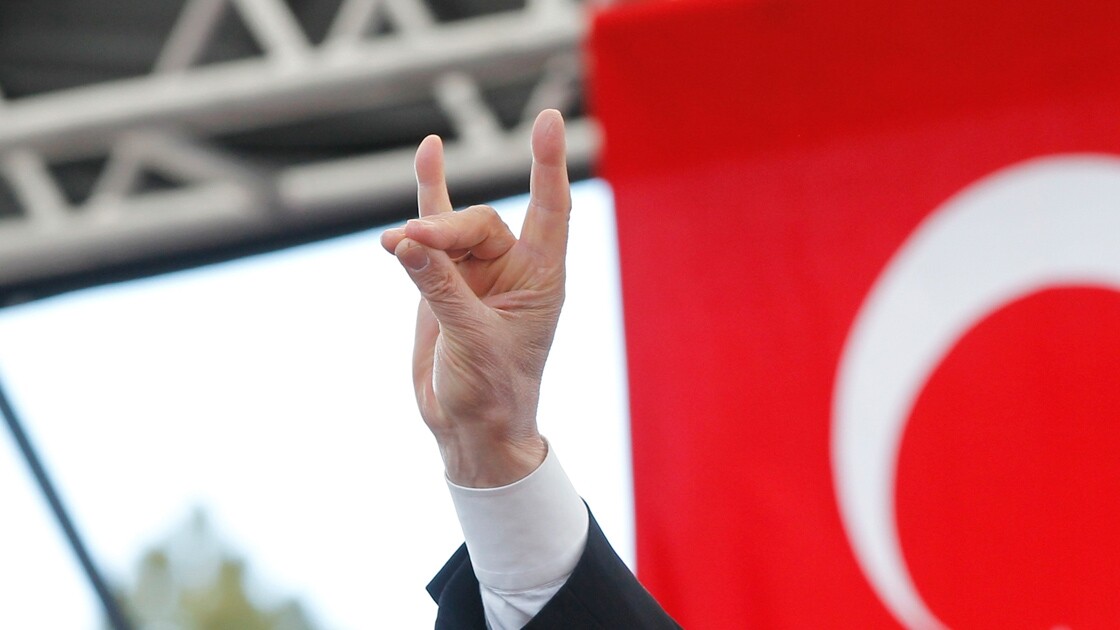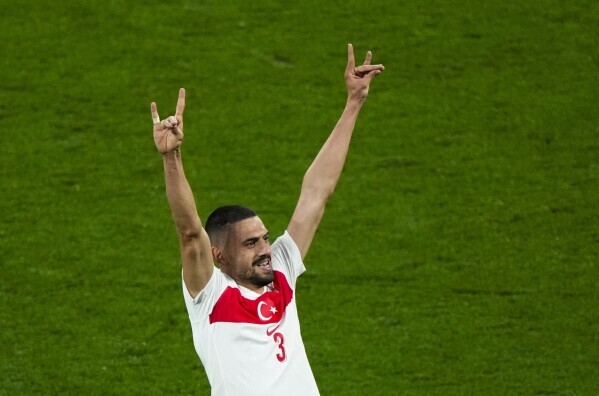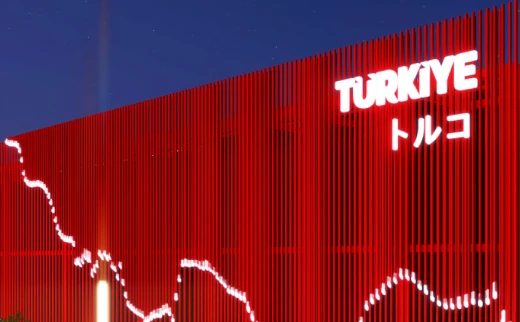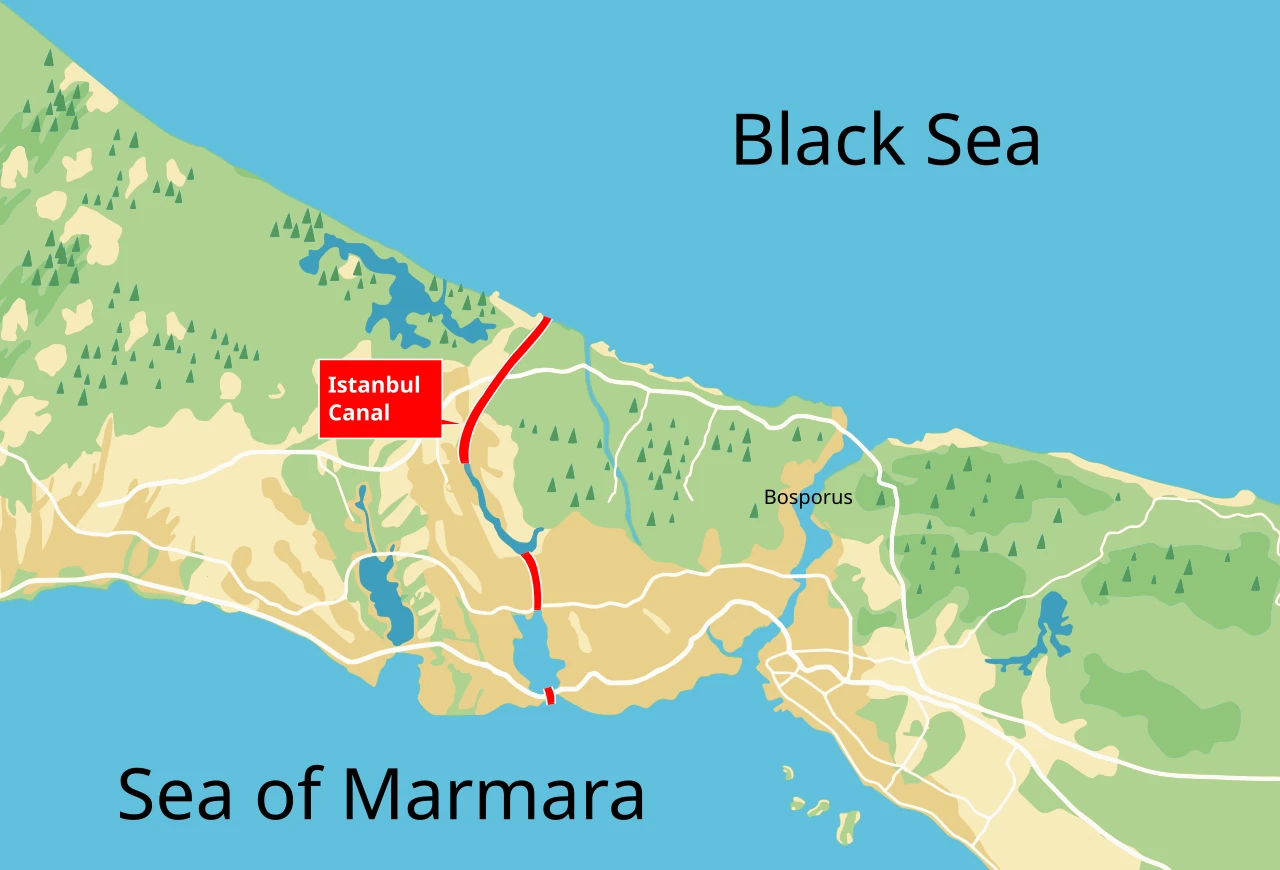UEFA’s 2-match ban on Merih Demiral sparks allegations of Western hypocrisy
 'Grey Wolf' sign now banned in Austria, Ankara, March 1, 2019 (AA Photo)
'Grey Wolf' sign now banned in Austria, Ankara, March 1, 2019 (AA Photo)
UEFA’s decision to ban Merih Demiral for two matches after his “bozkurt” (gray wolf) salute during Türkiye’s Euro 2024 victory over Austria has ignited a debate on Western hypocrisy.
UEFA interpreted Demiral’s gesture as a political message and handed him a two-match suspension. In contrast, during the same round, England’s Jude Bellingham received only one-match suspended ban and a 30,000 euro ($32,445.6) fine for a provocative gesture toward Slovenian fans. This disparity has fueled discussions of double standards.

Was Demiral’s ‘bozkurt’ salute a political message?
In his statement, Demiral explained that his gesture was unplanned and in response to fans making the same sign. The “bozkurt” symbol, while associated with nationalist parties in Türkiye since the 1990s, has deep roots in Turkish culture, symbolizing Turkish identity.
The bozkurt or gray wolf is a sacred animal and national symbol in Turkish, Mongolian, and Altai mythology, often depicted as a guide in Turkish epics. In the Ergenekon legend, the last Turks trapped in the Ergenekon Valley survive thanks to a grey wolf, ensuring the continuation of the Turkish lineage.

This symbol is prominent in Turkish literature, such as in the popular novel “Bozkurtlar Diriliyor,” and traditional Turkish cinema, including the “Tarkan” films. Thus, Demiral’s gesture during a victorious match was a nod to Turkish heritage, not a political statement.
Furthermore, Bozkurt is a common surname in Türkiye, notably belonging to Mahmut Esat Bozkurt, a former justice minister who gained the name after a landmark international case involving the Turkish ship Bozkurt and the French ship Lotus.
Should France, Germany, Serbia, and the Netherlands be penalized too?
Following Demiral’s suspension, Turkish officials and fans accused UEFA of hypocrisy, citing national symbols on French and German jerseys and the use of similar gestures by Serbian and Dutch players, none of whom were penalized. President Erdogan also criticized the decision, questioning the double standards regarding symbols on other national teams’ jerseys.
Turkish officials react strongly to UEFA’s decision
After the ruling, Communications Director Fahrettin Altun attributed the ban to Islamophobia, stating, “The campaign against Merih Demiral is a symptom of the West’s Islamophobia.” The Ministry of Foreign Affairs condemned UEFA’s discriminatory stance, expressing regret over the decision.
Sports Minister Osman Askin Bak denounced UEFA’s ruling as unjust and politically motivated, vowing to seek legal recourse against the double standard applied to Demiral. Main opposition CHP leader Ozgur Ozel also criticized the suspension as politically biased.
Prominent opposition figures, such as Bolu Mayor Tanju Ozcan, urged players and fans to make the bozkurt sign during the national anthem at the Netherlands match as a form of protest. Iyi Party leader Musavaat Dervisoglu echoed these sentiments, denouncing the ban as a manifestation of hostility towards Turkish identity.
Turkish social media users have rallied behind the hashtag #BeFairUEFA to voice their discontent.



